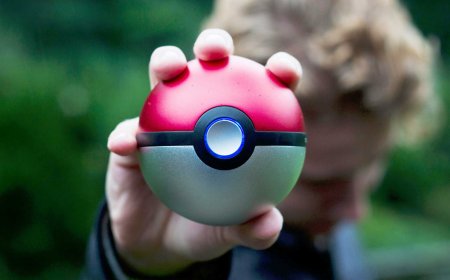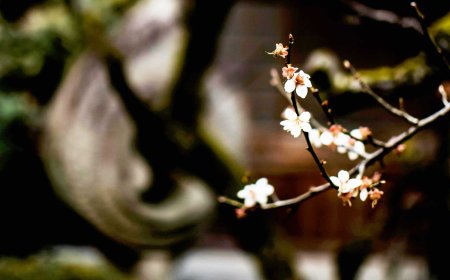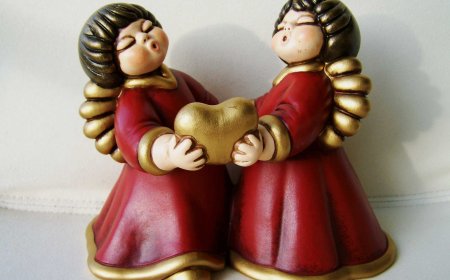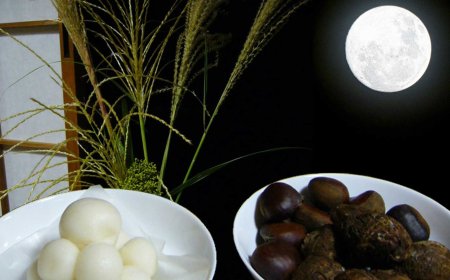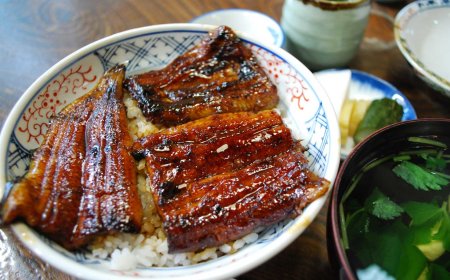Katori-Senkou: Japan's Mosquito-Repellent Tradition
Every summer, the familiar spiral shape and distinct scent of katori-senkou fill Japanese homes and gardens. This iconic mosquito coil is more than just a pest repellent; it embodies the essence of Japanese summer, blending tradition with practicality.
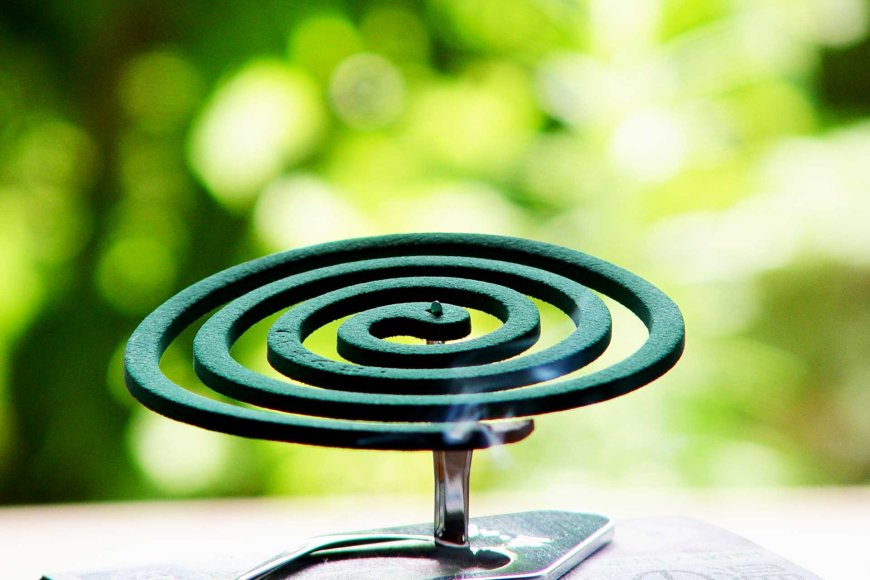
Japanese Summer and Mosquito Control
In Japan, summer is synonymous with festivals, fireworks, and cicadas buzzing in the trees. However, it also brings along an unwelcome guest: mosquitoes. For generations, Japanese households have used a simple yet highly effective method to ward off these pesky insects—the katori-senkou, or mosquito coil. This spiral-shaped incense has become more than just a functional object; it is a symbol of Japanese summer, embodying the country's seamless blend of tradition, culture, and practicality.
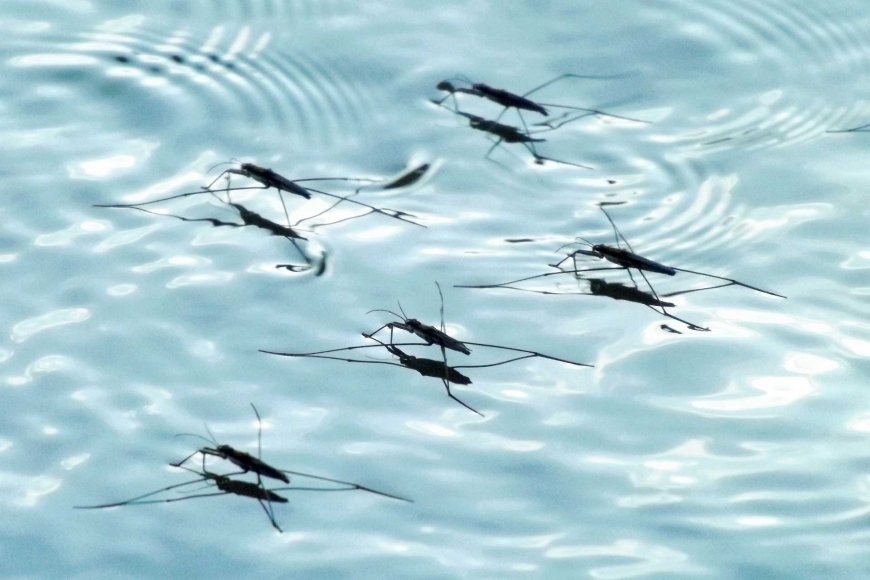
The Origins of Katori-Senkou
Katori-senkou originated in Japan in the late 19th century. The invention is credited to Eiichiro Ueyama, a businessman who initially dealt in producing incense for religious purposes. In 1890, Ueyama began experimenting with the idea of creating a mosquito repellent after hearing about the problems people faced with mosquitoes. Initially, his product was a stick, similar to a regular incense stick, made from dried chrysanthemum flowers, which were known to have insecticidal properties.
Over time, Ueyama's wife, Yuki, suggested that shaping the product into a coil could make it burn longer. This insight led to the creation of the iconic spiral shape of katori-senkou, allowing it to burn for several hours. This ingenious design not only extended the burning time but also made it easy to recognize, becoming a household staple by the early 20th century.
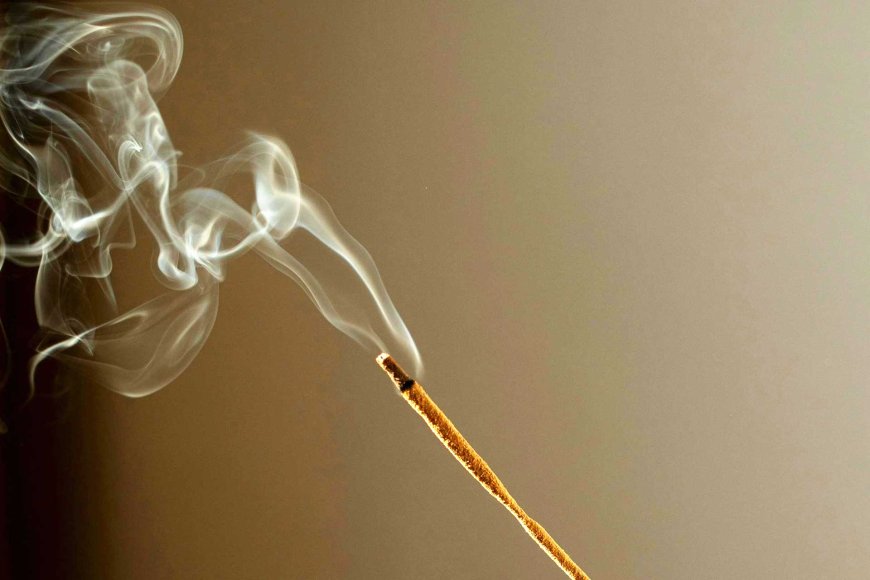
How Katori-Senkou Works
The effectiveness of katori-senkou lies in its main active ingredient: pyrethrum, a natural insecticide derived from the dried flowers of certain chrysanthemum species. When the coil is lit, it releases a slow, steady stream of smoke containing pyrethrum, which is toxic to mosquitoes. The scent also acts as a deterrent, driving mosquitoes away from the vicinity of the burning coil.
The coils are typically placed in metal holders to prevent any fire hazard, making them safe for both indoor and outdoor use. The gentle, curling smoke that rises from the katori-senkou adds a nostalgic aroma to Japanese summer evenings, creating a calming atmosphere while keeping mosquitoes at bay.

Cultural Significance
Katori-senkou is more than just a practical item in Japanese households; it holds a deep cultural significance. The sight and smell of a burning coil evoke a sense of nostalgia and are often associated with childhood memories of summer. The distinct scent of the coil is said to instantly transport people back to simpler times, reminding them of family gatherings, summer festivals, and peaceful evenings spent outdoors.
The mosquito coil is also a common sight at Japanese festivals (matsuri), where it is used to keep mosquitoes away from food stalls and seating areas. The gentle spiral of smoke floating through the air adds to the ambiance of the event, blending with the sounds of taiko drums and the aroma of traditional street food.
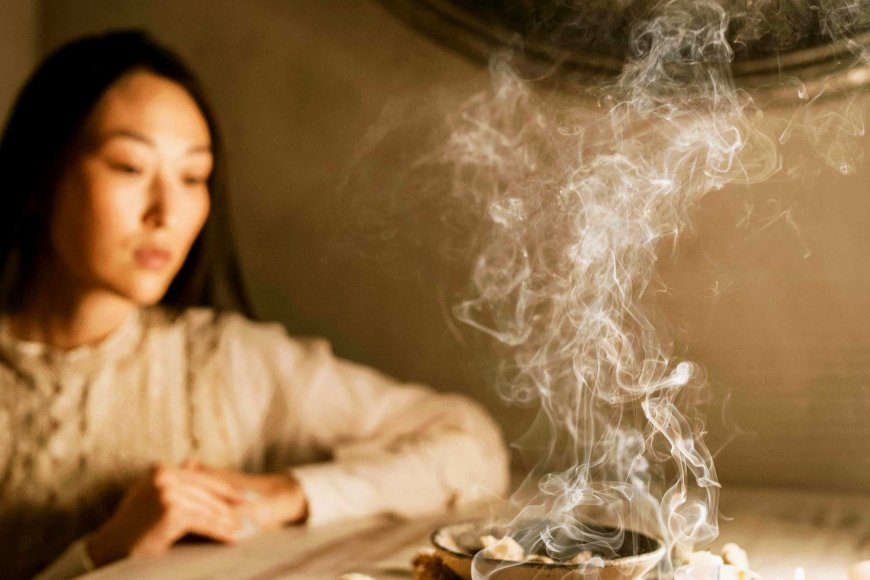
Modern Adaptations
While the traditional katori-senkou remains popular, modern variations have emerged to cater to changing tastes and needs. Some companies have introduced coils with added fragrances, such as lavender or sandalwood, to provide a more pleasant scent. Others have developed coils with enhanced insect-repelling properties, combining natural and synthetic ingredients to offer more powerful protection.
There are also electric versions of katori-senkou, which use a heating element to release the mosquito-repelling ingredients without the need for an open flame. These electric devices are often used in urban environments where open flames may not be practical or safe.
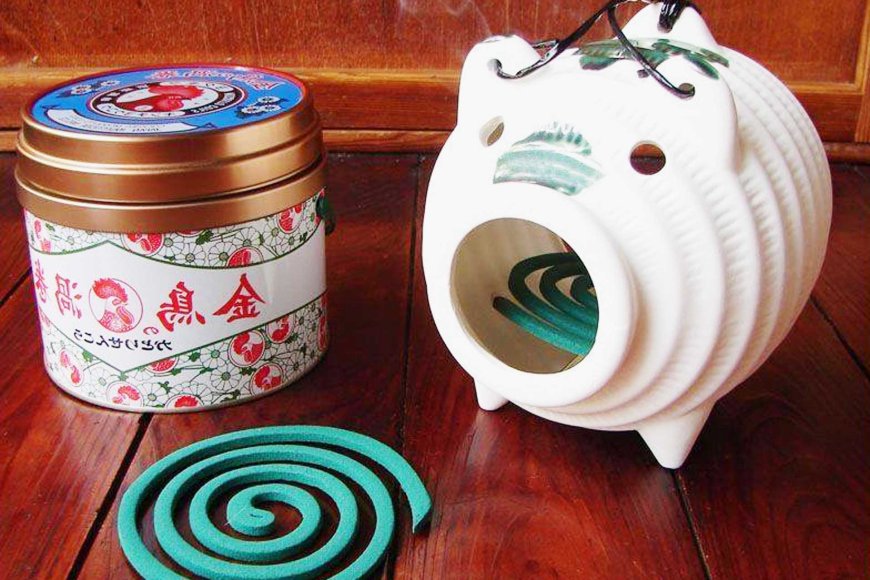
Environmental Impact and Safety
While katori-senkou is generally considered safe for humans and pets when used correctly, there are concerns about the environmental impact of the smoke produced. Some studies suggest that the burning of mosquito coils can release particulates and chemicals into the air, which could be harmful if inhaled in large quantities over time. To address these concerns, manufacturers have been working on creating low-smoke or smokeless coils that still retain their effectiveness in repelling mosquitoes.
In addition, the use of natural pyrethrum in traditional katori-senkou makes it a more environmentally friendly option compared to synthetic chemical repellents. As awareness of environmental issues grows, many consumers are turning back to these natural alternatives, appreciating the balance they offer between effectiveness and ecological responsibility.

Tradition and Practicality in Japanese Daily Life
Katori-senkou stands as a testament to Japan's ability to merge tradition with practicality. It is a simple yet highly effective solution to a common problem, infused with cultural meaning and historical significance. The enduring presence of katori-senkou in homes and public spaces alike serves as a reminder of the country’s rich heritage and its ability to find beauty and functionality in even the smallest aspects of daily life. Whether in the countryside or the city, the unmistakable scent of katori-senkou is an integral part of the Japanese summer experience, warding off mosquitoes and evoking memories of a timeless season.
Find Cheap Flight Tickets to any Destinations in Japan and the Philippines
Nipino.com is committed to providing you with accurate and genuine content. Let us know your opinion by clicking HERE.












